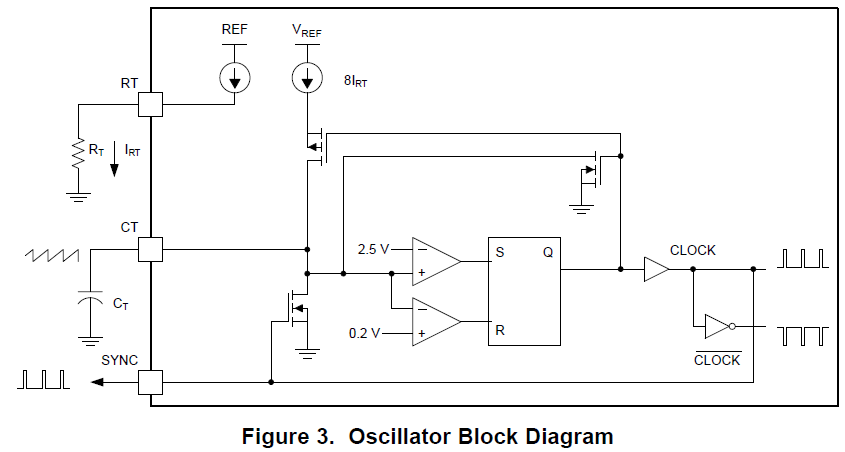I have a customer who is using the UCC2895 to drive a half-bridge, ZVS forward converter with phase shift control and have questions regarding the SYNC signal. They have reason to believe that the SYNC signal might be hanging in either a LOW or a HIGH state for undetermined reason and wonder how this affects the internal clock of the device. If the SYNC signal were to “stick” in one of these positions would this cause an issue with the internal oscillator as the SYNC signal is still driving the input even though it is “stuck” in either a HIGH or LOW for extended periods of time.
He is driving the input with an FPGA and believes that it can supply up to 10mA to the SYNC pin. They need to know if this will cause damage to the part or will the internal oscillator take over and drive the outputs. They are having issues with their mosfets and are wondering if this issue could lead to their failure.
Please let me know if you have questions for the customer. I probably can supply some schematic, but it would have to be off-line.
Thanks for your help with this!
Richard Elmquist


